The National Drug Law Enforcement Agency (NDLEA) was formed by the Decree No. 48 of 29th December 1989. NDLEA is the national agency responsible for the enforcement of laws against the cultivation, processing, sale, trafficking, use of hard drugs and investigation of persons suspected to have dealings in drugs and other related matter.
NDLEA has initiated two major programmes – Offensive Action and War Against Drug Abuse (WADA) to tackle drug trafficking and abuse.
The NDLEA has a training college, NDLEA Training Academy in Katon Rikkos, Jos, Plateau, while the headquarters is in Abuja.
Other Drug Acts
- Narcotic Drugs, 1961, as amended by the 1972 Protocol,
- The 1971 Convention on Psychotropic Substances and,
- the United Nations Convention Against illicit traffic in narcotic drugs and psychotropic substances
Difference between NAFDAC and NDLEA
The NDLEA and NAFDAC are both federal agencies responsible for drug control. However, while the NDLEA main duty is to fight illegal drug of abuse, NAFDAC duty extends to the registration, regulation and control of all forms of drugs, cosmetics and food items used by the public. NAFDAC certifies them fit before they are available for consumption.
Also, the NDLEA Narcotic team carries arms and ammunitions, and they collaborate with NAFDAC in major drug-related operations.
Leadership of NDLEA
NDLEA is headed by the Chairman, appointed by the President based on the recommendation of the Attorney General of the Federation. The current Chairman is Brig. Gen. Mohamed Buba Marwa.
The secretary heads the secretariat. Shadrach Haruna is the current NDLEA secretary. There are 15 directorates plus an additional 14 zonal commands, 111 state area commands and 10 Special commands in the airports & seaports.
The 15 directorate in NDLEA are:
- Prosecution and Legal Services
- Planning, Research and Statistics
- Asset and Financial Investigation
- Admin and Establishment
- Drug Demand Reduction
- Technical Services
- Airport Operations
- Operations and General Investigation
- Training and Manpower Development
- Media and Advocacy
- Special Duty/Strike Force
- Internal Affairs and Provost Marshall
- Seaport Operations
- Intelligence
- Finance and Accounts
The Governing Council of the NDLEA
The governing council of the NDLEA consists of the:
- A Chairman
- A representative of the Nigeria Police Force, not below the rank of an assistant
- Inspector-General
- The Director, Military Intelligence;
- The comptroller-General of Customs
- The Director, State Security Service
- A representative of the Federal Ministry of Justice, not below the rank of a director
- The Director–General National Intelligence Agency
- A representative of each of the Ministries of Foreign Affairs and Health, not below the rank of Director; and
- Three other people
List of all NDLEA Chairmen
- DIG. Fidelis Oyakhilome, mni – (12 Jan 1990 – 10 March 1991)
- CP Fulani Kwajara (Rtd) – (10 March 1991 – October 25, 1993) Chairman/CEO
- AIG Ba’ppa Jama’re, mni – (October 25, 1993 – February 13, 1994) Chairman/CEO
- Maj. Gen. Musa Bamaiyi, mni – (February 13, 1994 – December 23, 1998) Chairman/CEO
- AIG. Ogbonnaya Onovo – (December 23, 1998 – May 3, 2000) Chairman/CEO
- AIG. Iliya Lokadang, mni – (May 3, 2000 – Sept 4, 2000) Chairman/CEO
- Bello Yusuf Lafiaji, OON, OFR – (October 10, 2000 – Nov 24, 2005) Chairman/CEO
- CP Ahmed Giade (Rtd) – (Nov 24, 2005 – Nov 22, 2015) Chairman/CEO
- Col. Muhammed M. Abdallah – (Jan 11, 2016 – Jan 15, 2021) Chairman/CEO
- Brig. Gen. Mohamed Buba Marwa (Rtd), OFR – (Jan 15, 2021 – till date)
Functions and Duties of the NDLEA
- The coordination of all drug laws and enforcement functions.
- They adopt measures to identify, trace, freeze, confiscate or seize proceeds derived from drug-related offences or property whose value corresponds to such proceeds;
- Adoption of measures to eradicate illicit cultivation of narcotic plants and to eliminate illicit demand for narcotic drugs and psychotropic substances with a view to reducing human suffering and eliminating financial incentives for illicit traffic in narcotic drugs and psychotropic substances.
- Precautionary measures to prevent the use of ordinary means of transport for illicit traffic in narcotic drugs, including making special arrangements with transport owners;
- Introduction and maintenance of investigative and control techniques.
- Adoption of measures to increase the effectiveness of eradication efforts.
- The facilitation of rapid exchange of scientific and technical information and the conduct of research geared towards eradication of illicit use of narcotic drugs and psychotropic substances.
- Taking measures for the early destruction or disposal of the narcotic drugs and psychotropic substances which have been seized, confiscated or forfeited.
- Encouragement of individual(s), including persons in custody, who are willing to assist in investigations or participate in proceedings relating to narcotic drugs and psychotropic substances
- Enhancing the effectiveness of law enforcement to suppress illicit traffic in narcotic drugs and psychotropic substances.
- Establishing, maintaining and securing communication to facilitate the rapid exchange of information concerning offices and improving international co-operation in the suppression of illicit traffic in narcotic drugs and psychotropic substance by road, sea and air.
- Take measures to eliminate the root causes of the problems of narcotic drugs and psychotropic substances:
- Strengthen and enhance effective legal means for international co-operation in criminal matters for suppressing the international activities of illicit traffic in narcotic drugs and psychotropic substances;
- Collaborating with government bodies both within and outside Nigeria in carrying out its functions.
- The establishment and maintenance of a system for monitoring international dealings in narcotic drugs and psychotropic substances in order to identify suspicious transactions and persons engaged in them.
- Functions and activities relating to arrest, investigation and prosecution of all offences connected with or relating to illicit traffic in narcotic drugs and psychotropic substances.

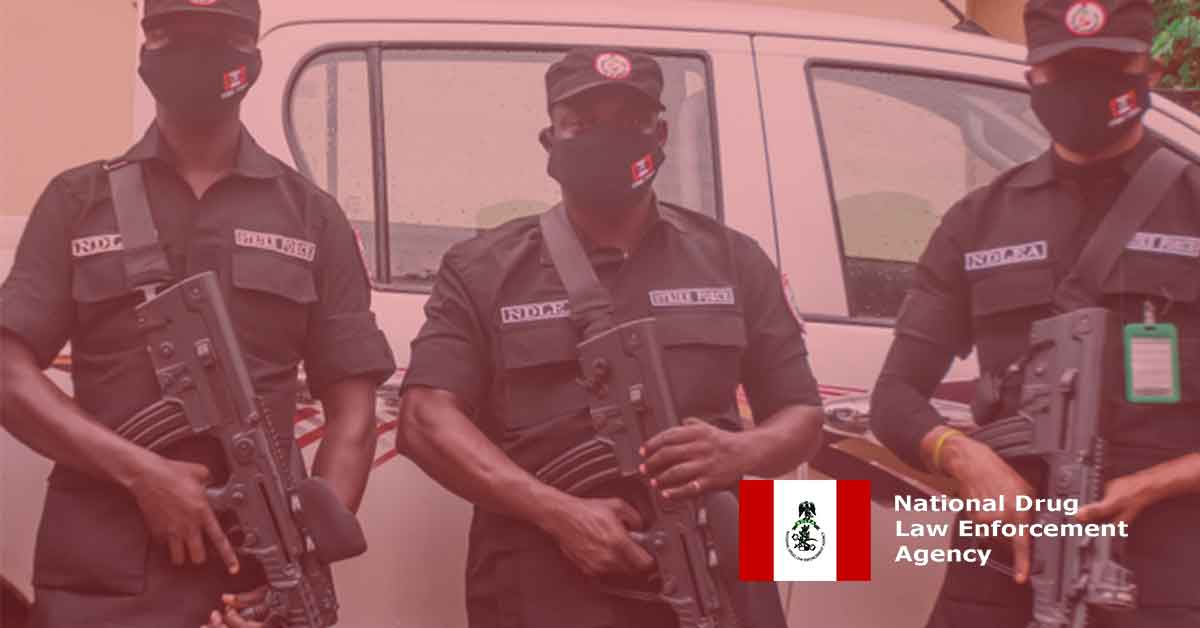

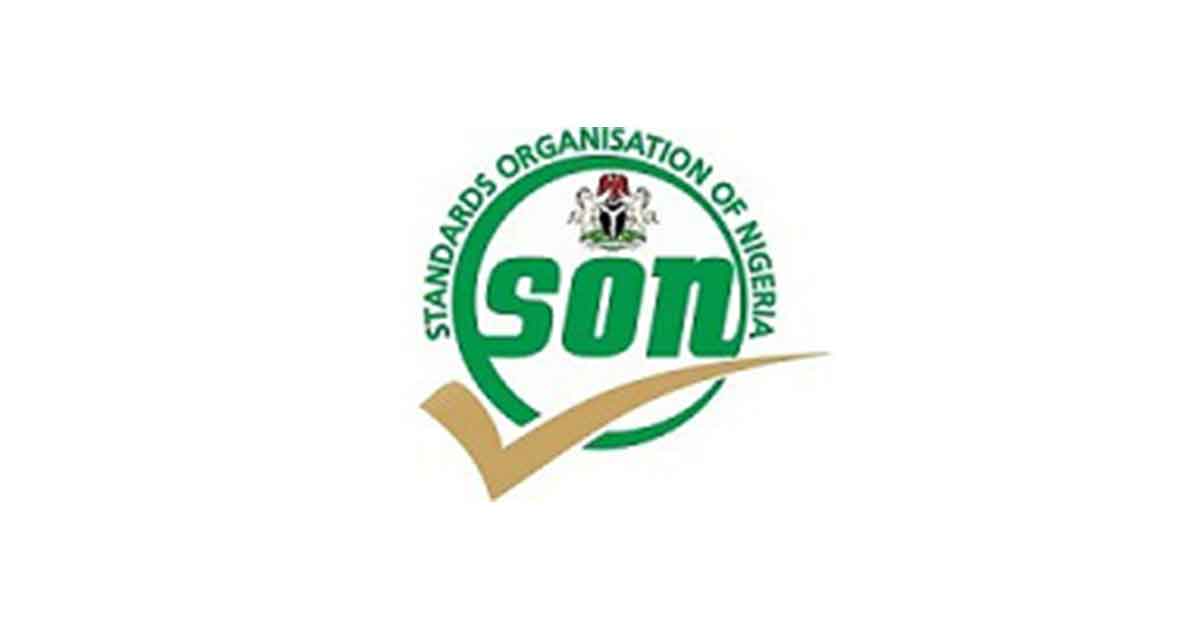

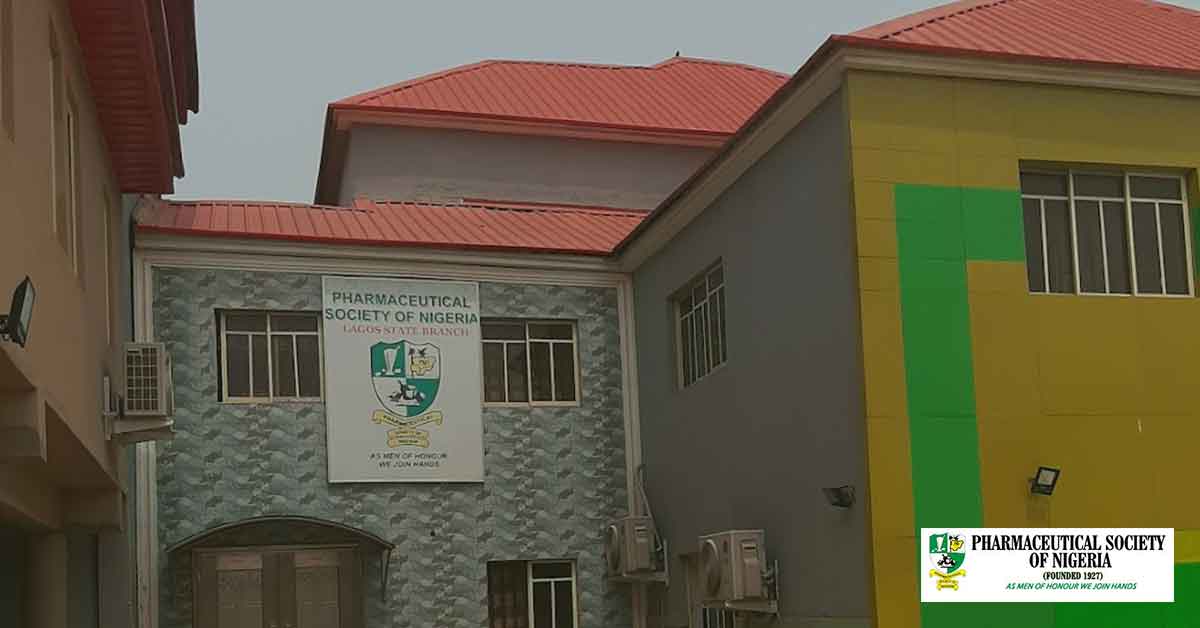
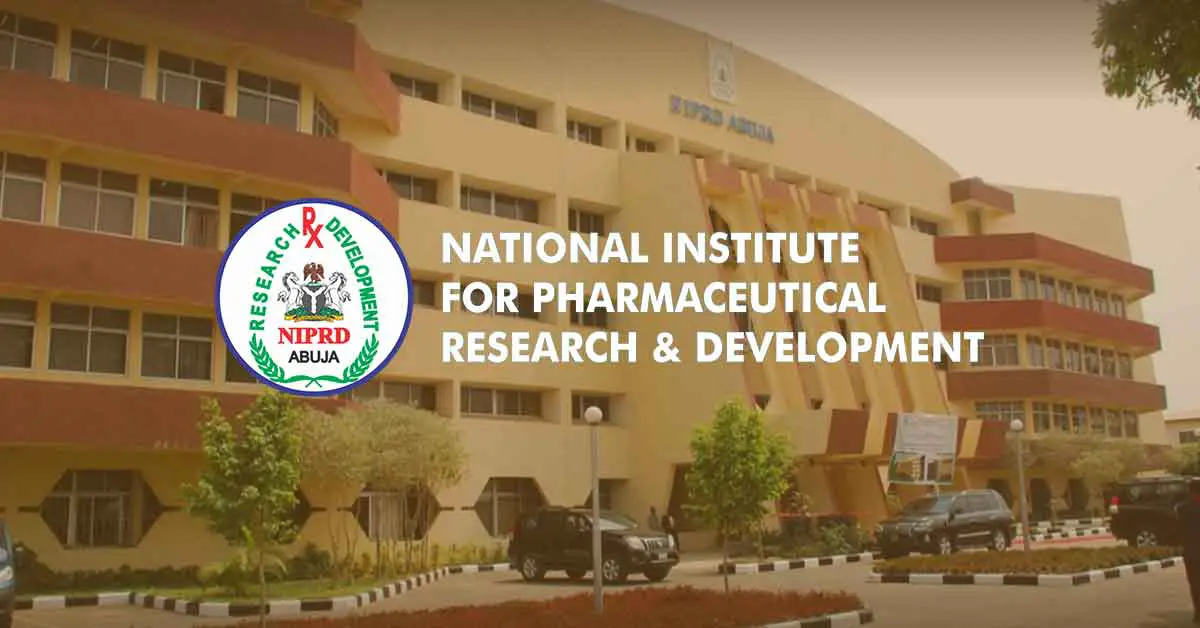
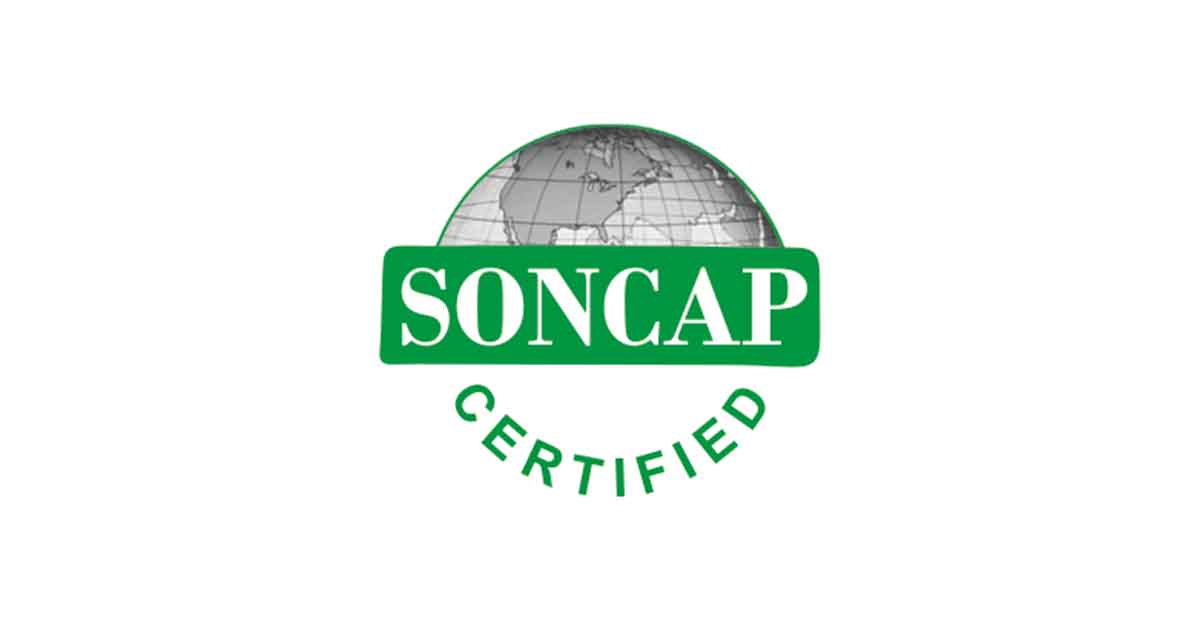
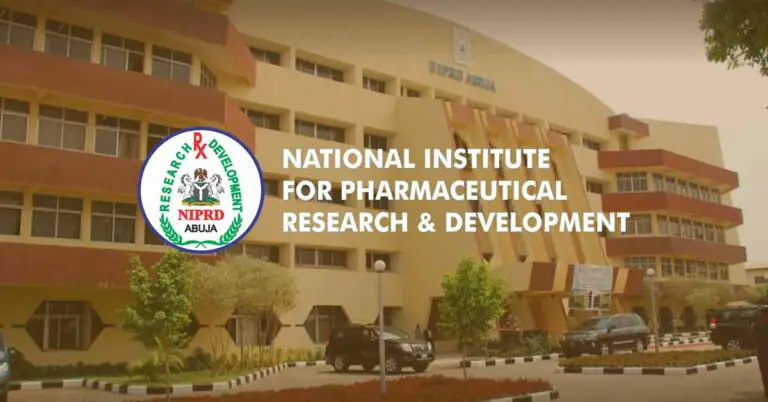
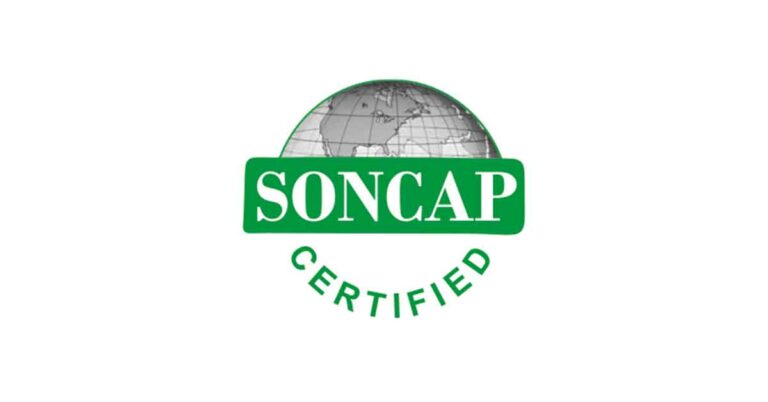
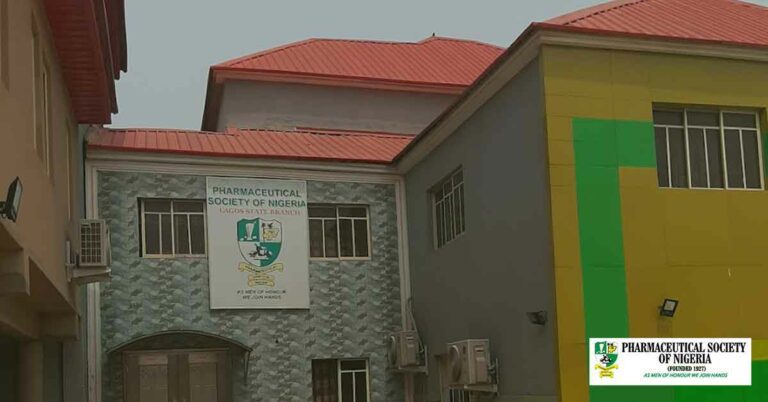
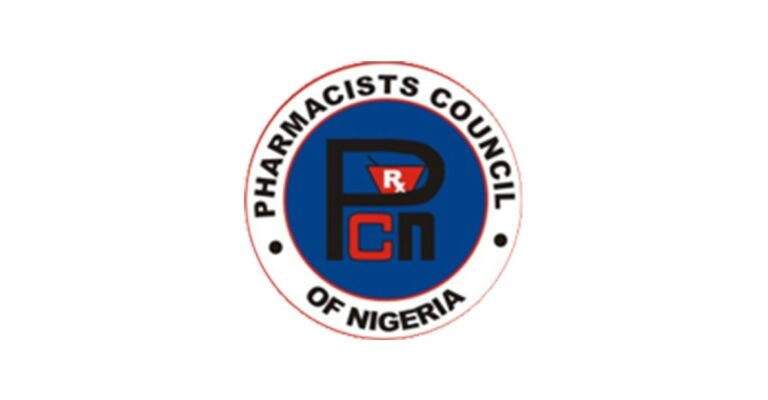
Ndlea has the responsibility of reshaping this country by their offensive action towards illegal drugs, iam most happy that they are living up to the expectations of the indigents. Kudos